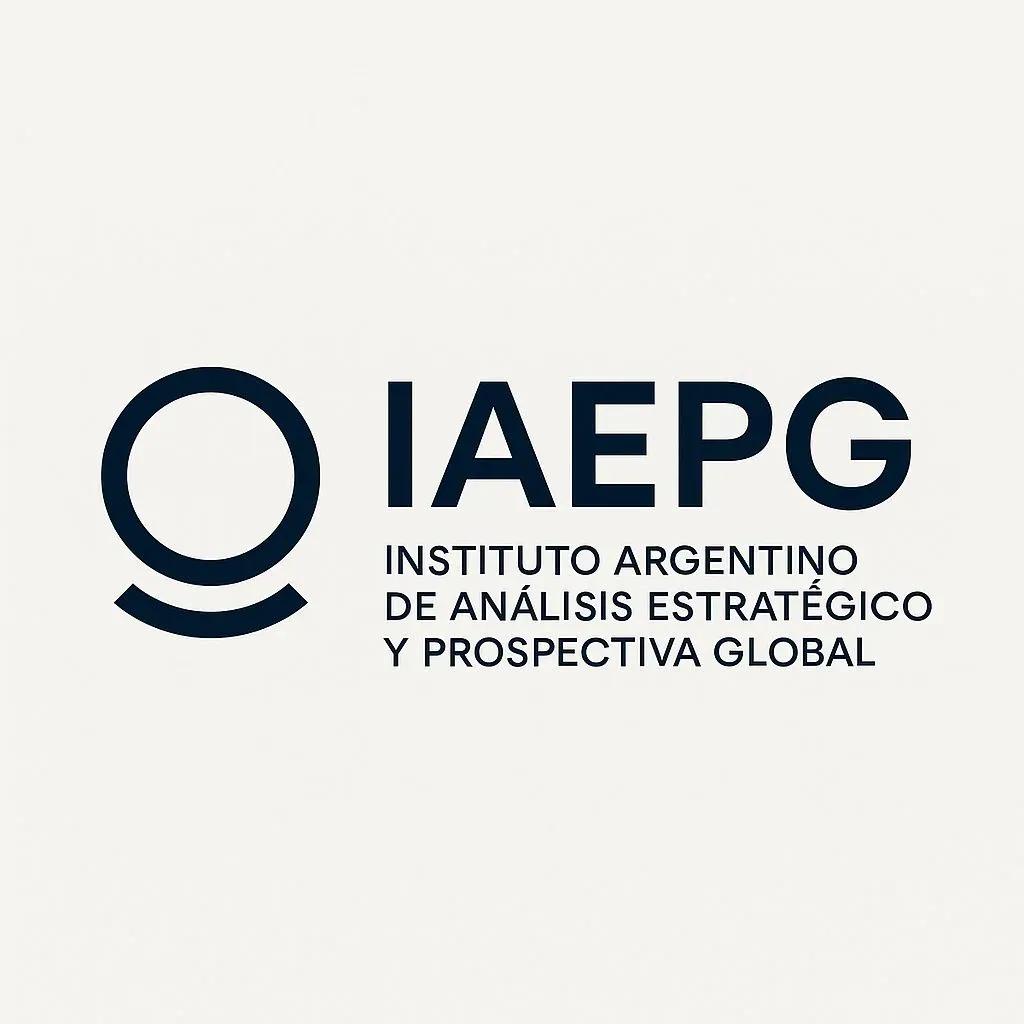The 21st century has proven to be an era of radical interdependence and persistent tensions. Traditional powers face unprecedented challenges, from the fragmentation of the liberal order, while phenomena such as artificial intelligence, climate change, and political polarization put global institutions at risk. In this tumultuous scenario, Argentina and Latin America have an urgent question: what place do we occupy in the world, and above all, who will be the protagonists of that future construction?
From this question arises the Argentine Institute for Strategic Analysis and Global Foresight (IAEPG), a youth think tank that aspires to become an innovative actor in contemporary international politics. Far from reproducing the logic of traditional think tanks, the IAEPG seeks to introduce a fresh, rigorous, and determined voice: that of Argentine youth, capable of reading the global context with critical irreverence, but also with academic seriousness.
A space for new voices in International Relations
Diplomacy and international analysis have historically been monopolized by state elites, career diplomats, and closed academic circles. However, the transformations of the present demand a shift from that logic. The emergence of youth in global spaces—be it climate summits, anti-discrimination movements, or technological initiatives—shows that emerging generations not only want to be present: they need to have an impact.
In this sense, the IAEPG positions itself as an institutional response to an evident lack: the lack of platforms that articulate the youth voice in foreign policy. While other countries already have youth diplomatic networks, international organization simulation programs, or specialized think tanks, Argentina still presents a gap. The Institute aims to fill this void, proposing a space to produce knowledge, generate impact, and bridge the youth and the international system.
Mission and vision: youth as a strategic actor
The mission of the IAEPG is clear and ambitious: to produce innovative and rigorous ideas that contribute to Argentine foreign policy and the understanding of the world order from a generational and federal perspective.
Its vision transcends the mere publication of reports. It seeks to form a community of young intellectuals and practitioners with a global impact vocation, capable of engaging in international organizations, advising political decision-makers, and, at the same time, dialoguing with civil society.
The values that guide the Institute—plurality, excellence, democratic commitment, and historical responsibility—serve as a generational manifesto: the certainty that the challenges of the present will not be resolved without the active participation of those who will inhabit tomorrow.
Thematic areas: five lines of work to think about the world
The IAEPG organizes its work in five research and production areas, which are not isolated compartments but strategic axes from which to observe the international system.
Geopolitics and International Relations
This area addresses the major tectonic movements of global politics: the dispute between the United States and China, the reconfiguration of Europe after the war in Ukraine, the role of multilateral organizations, and regional alliances in Latin America.Human Rights, Anti-Semitism, and Democracy
In a context of extremist discourse and normalization of hate, this area studies the advance of anti-Semitism, racism, and intolerance, proposing frameworks for action from Argentine diplomacy and international cooperation.Technology, AI, and Digital Governance
Blockchain, cybersecurity, algorithmic regulation, digital sovereignty: the cutting-edge debates that are shaping the future of power. Argentina cannot remain on the sidelines of these discussions, and youth have a central role here.Education, Youth, and Culture
This axis seeks to design proposals to internationalize Argentine knowledge, promote global civic education, and ensure that youth actively participate in the construction of international citizenship.Public Opinion, Elections, and International Political Communication
In times of post-truth and misinformation, analyzing electoral campaigns, public diplomacy, and communication strategies becomes essential.
Each area will produce reports, papers, and reflections that will be published periodically and shared on social media, in the media, and in training spaces.
A comparative perspective: the role of youth think tanks
The IAEPG does not emerge in a vacuum. Youth think tanks have gained ground in different latitudes: from European initiatives linked to the European Parliament, to African networks working in South-South cooperation. In the United States and Europe, traditional think tanks—such as the Council on Foreign Relations or Chatham House—have already incorporated special programs for youth, recognizing their strategic value.
In Argentina, however, the most recognized think tanks have made substantial contributions in foreign policy and economics, but without a formalized youth branch. The IAEPG breaks into that scenario as a pioneer in institutionalizing youth participation in International Relations.
Concrete actions and institutional projection
The Institute will not be limited to publishing analyses. Among its immediate objectives are:
The organization of talks and seminars with national and international specialists.
The building of links with embassies, international organizations, and universities.
The launch of volunteer calls and youth research teams.
The production of periodic reports with impact on the public agenda.
The creation of training spaces in political communication, technology, and diplomacy.
Why now, why youth?
The birth of the IAEPG is not a symbolic gesture: it is a political and generational decision. At a time when there is talk of a “crisis of multilateralism” and “youth disaffection with politics,” the Institute bets exactly on the opposite: to repoliticize youth through foreign policy.
Asking what place youth have in the international system is, ultimately, asking about the legitimacy of the future world order. If we continue to exclude those who will inherit the consequences of global decisions, we will be deepening the democratic deficit of the system.
The IAEPG aims to open uncomfortable questions: how can Argentina impact a fragmented international order? What role should youth play in global decision-making? What does it mean to think about digital sovereignty from the Global South?
The invitation is as follows: to join in building a collective space where the future of International Relations is thought about from today, with rigor, imagination, and democratic commitment.
Because ultimately, tomorrow cannot be written without the voice of those who already inhabit the present.

Comments